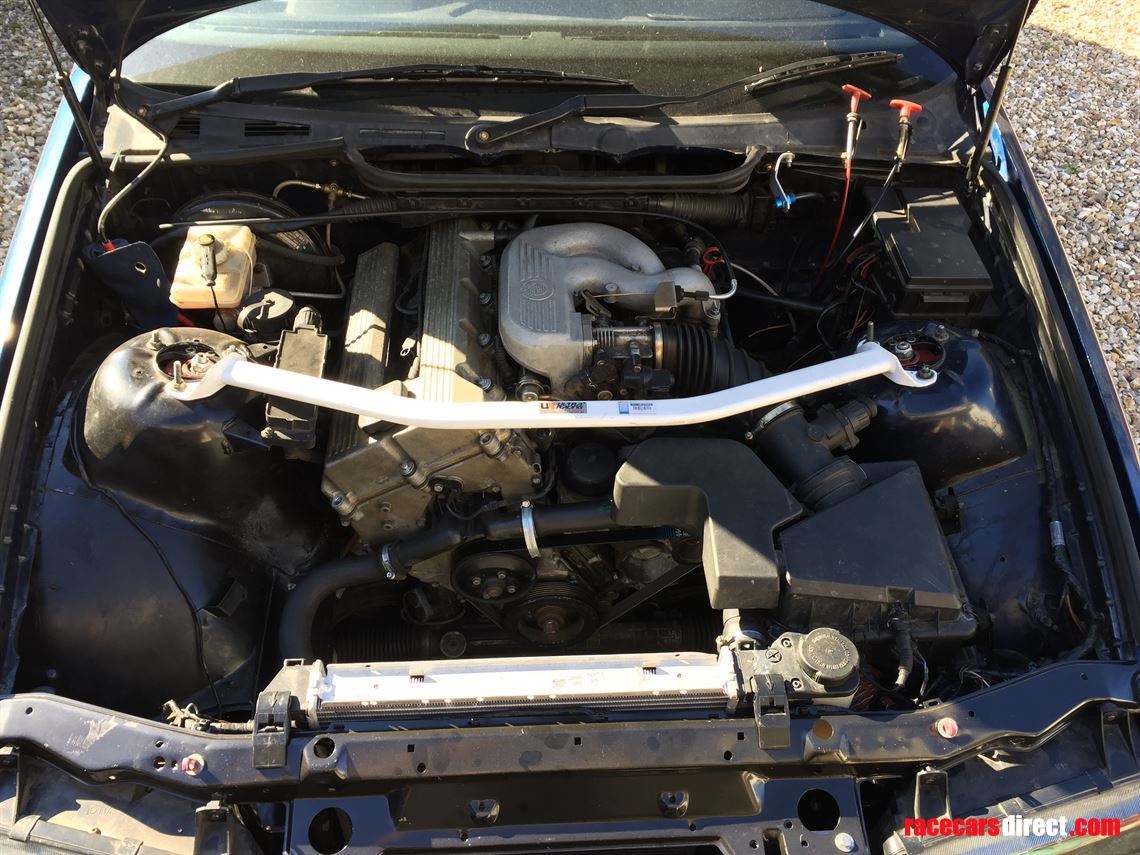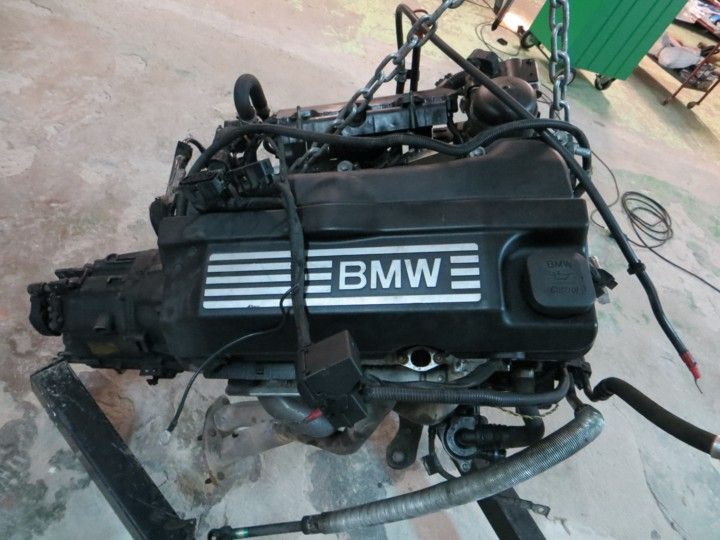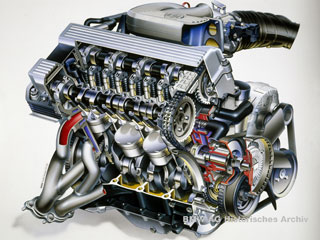BMW 318ti: Efficiency Specifications and Characteristics Explained
BMW 318ti: Efficiency Specifications and Characteristics Explained
Blog Article
Key Features to Look for When Acquiring an Engine for Automotive Applications
When considering the acquisition of an engine for automotive applications, numerous essential attributes require cautious evaluation to make sure optimal performance and capability. From power and performance abilities to sustain effectiveness, adherence, and resilience to discharges criteria, each aspect plays a critical role in figuring out the engine's viability for specific automobile demands.
Power and Efficiency
When selecting an automotive engine, customers focus on power and performance to ensure optimal driving experience and performance. A well-performing engine not just delivers power efficiently yet likewise operates efficiently throughout different rate arrays and driving conditions.
Buyers often take into consideration the engine's torque outcome alongside its power ranking. Torque, determined in pound-feet (lb-ft) or Newton-meters (Nm), reflects the engine's rotational pressure, influencing the car's ability to tow, climb slopes, and accelerate from grinding halt. An equilibrium between power and torque is important for achieving a versatile and receptive driving experience. Additionally, variables such as engine displacement, turbocharging, and crossbreed technologies play substantial functions in boosting both power and performance degrees. Ultimately, choosing an engine that offers a potent mix of power and performance makes certain a efficient and gratifying driving experience. bmw 318ti.
Gas Performance
When assessing automotive engine choices,Optimizing gas effectiveness is a paramount factor to consider for consumers. The effectiveness of an engine directly affects operating costs and ecological footprint. One essential factor affecting fuel effectiveness is the engine's design and innovation. Modern engines with attributes like direct gas shot, turbocharging, and variable valve timing can significantly improve gas efficiency by enhancing burning processes and minimizing power loss. Furthermore, the total weight of the engine and vehicle, in addition to the aerodynamics, play vital roles in figuring out gas consumption.

Longevity and Dependability
Achieving resilient performance and dependable procedure is important for customers assessing the durability and dependability of automotive engines. When thinking about an engine for automotive applications, toughness refers to the engine's capability to hold up against wear, anxiety, and harsh operating conditions over an extensive period. Dependability, on the various other hand, implies that the engine can constantly execute its intended feature without unanticipated break downs or failings.
Customers should try to find engines created with top quality products and specific engineering to make sure long life. Components such as pistons, visit homepage crankshafts, and bearings must be sturdy to handle the engine's power output without premature wear. Furthermore, engines outfitted with advanced cooling systems, efficient lubrication, and durable purification devices often tend to exhibit higher levels of dependability.
Routine upkeep and adherence to maker referrals are additionally crucial consider protecting an engine's sturdiness and integrity. By adhering to upkeep timetables, making use of advised liquids, and dealing with any type of problems immediately, customers can take full advantage of the life-span and efficiency of their vehicle engines. Eventually, prioritizing resilience and reliability in engine selection can lead to an extra enjoyable ownership experience with less unanticipated disruptions.
Emissions Compliance
Making certain conformity with exhausts guidelines is an essential element of assessing automotive engines for eco aware consumers. With increasing problems regarding air quality and ecological effect, strict exhausts requirements have been placed in place globally to minimize damaging pollutants launched into the ambience. When buying an engine for auto applications, it is necessary to consider its discharges conformity to reduce the carbon impact and comply with lawful requirements.
Modern engines are outfitted with sophisticated exhaust control technologies such as catalytic converters, exhaust gas recirculation (EGR) systems, and discerning catalytic reduction (SCR) to minimize hazardous exhaust gases like nitrogen oxides (NOx), carbon monoxide gas (CO), and hydrocarbons (HC) These systems play a critical role in making certain that the engine satisfies the specified exhausts requirements and runs within permissible limitations.

Cost-effectiveness
When thinking about auto engine acquisitions, evaluating cost-effectiveness is paramount for customers seeking both performance and value. It includes the general costs associated to maintenance, fuel consumption, and potential repair work over the engine's life expectancy.
Engines that are designed to take full advantage of gas economic climate can lead to substantial financial savings over time, specifically for people that drive frequently or over lengthy distances. bmw 318ti. Furthermore, considering the accessibility and cost of extra parts and servicing can add to the overall cost-effectiveness of an engine.

Conclusion
To conclude, when acquiring an engine for auto applications, it is essential to think about vital features such as power and performance, fuel integrity, durability and efficiency, emissions conformity, and cost-effectiveness. These factors are essential in guaranteeing that the engine meets the requirements of the vehicle and operates effectively in various driving problems - bmw 318ti. Making an informed choice based on these standards will eventually result in a effective and effective automotive engine purchase
From power and efficiency capabilities to sustain sturdiness, adherence, and efficiency to emissions criteria, each element plays an important role in determining the engine's viability for particular automotive requirements. Engines developed to run on different gas such as electric power, crossbreed systems, or biofuels can provide better fuel economy and reduced emissions contrasted to conventional fuel or diesel engines. Consumers need to very carefully consider the gas efficiency scores and technologies integrated right into vehicle engines to make enlightened acquiring decisions that line up with their top priorities for expense financial savings and sustainability.
When considering an engine for vehicle applications, resilience refers to the engine's capacity to withstand wear, anxiety, and harsh operating problems over an extensive period.In final thought, when acquiring an engine for automotive applications, it is vital to visit this site consider crucial attributes such as power and performance, gas effectiveness, longevity and reliability, exhausts conformity, and cost-effectiveness.
Report this page